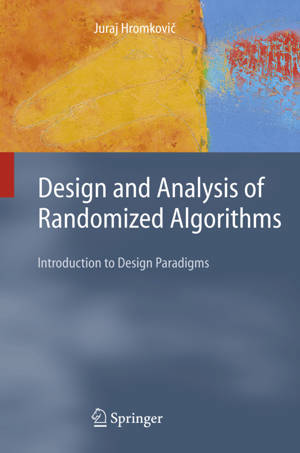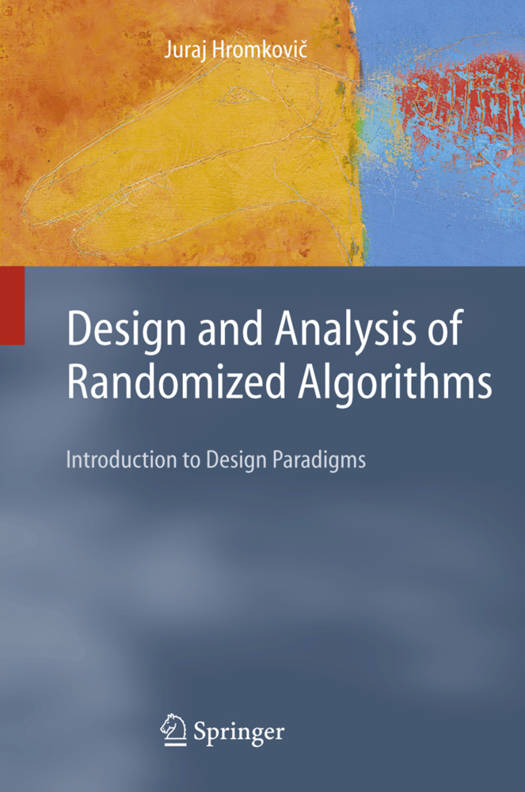
- Retrait gratuit dans votre magasin Club
- 7.000.000 titres dans notre catalogue
- Payer en toute sécurité
- Toujours un magasin près de chez vous
- Retrait gratuit dans votre magasin Club
- 7.000.0000 titres dans notre catalogue
- Payer en toute sécurité
- Toujours un magasin près de chez vous
Description
Randomness is a powerful tool for solving various problems in all areas of computer applications. Randomized algorithms are often more efficient, simpler (and so easier to implement), and surprisingly also more reliable than their best deterministic counterparts. This book does not only systematically teach the paradigmic algorithm design methods, such as foiling an adversary, abundance of witnesses, fingerprinting, amplification, and random sampling, but it also provides a deep insight into the nature of the success of randomization. Taking sufficient space for presenting motivation and for developing reader's intuition. It is an ideal introduction to the subject.
Spécifications
Parties prenantes
- Auteur(s) :
- Editeur:
Contenu
- Nombre de pages :
- 277
- Langue:
- Anglais
- Collection :
Caractéristiques
- EAN:
- 9783642063008
- Date de parution :
- 21-10-10
- Format:
- Livre broché
- Format numérique:
- Trade paperback (VS)
- Dimensions :
- 156 mm x 234 mm
- Poids :
- 412 g

Les avis
Nous publions uniquement les avis qui respectent les conditions requises. Consultez nos conditions pour les avis.






